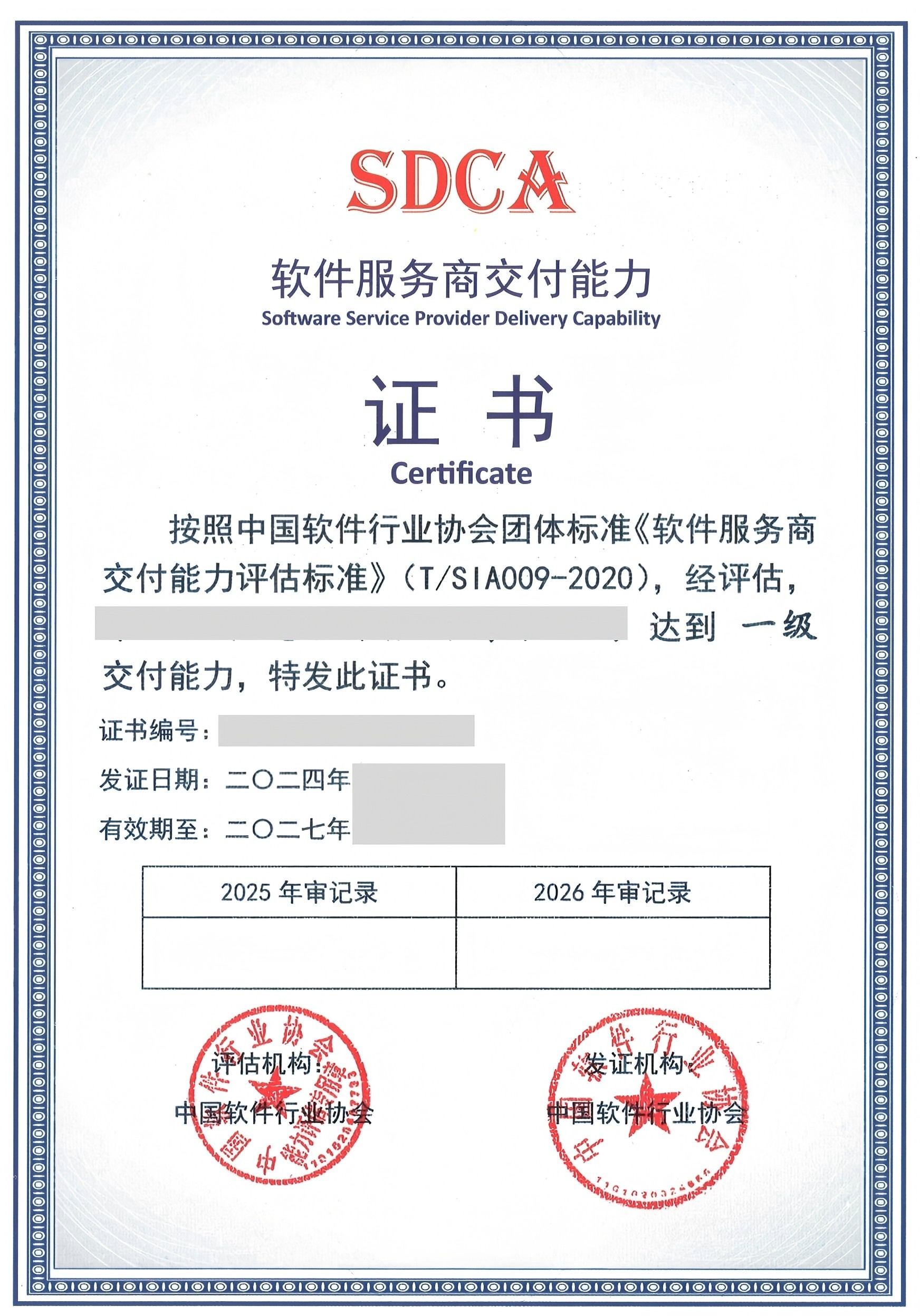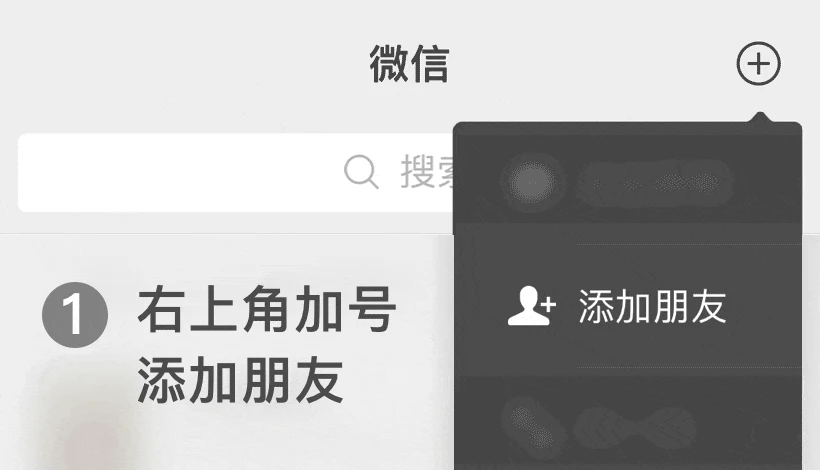
 Professional services are guaranteed
Professional services are guaranteed One on one full process guidance
One on one full process guidance Efficient and fast experience
Efficient and fast experienceEvaluation System | Leading Institution | Core Focus | Applicable Scenarios |
| SDCA | CSIA | Full-Lifecycle Delivery Capability | Domestic Government and Enterprise Procurement and Project Cooperatio |
| CMMI | SEI | Process Maturit | International Market Expansion and Outsourcing Business |
| SPCA | CNCA | Process Improvement Orientation | Internal Process Optimization and Policy Subsidy Applicatio |
Based on the T/SIA 009-2020 Standard, the assessment system covers the following key capability dimensions:
I. General Basic Application Requirements (Applicable to All Levels)
In accordance with the Standards for Software Service Provider Delivery Capability Assessment (T/SIA 009-2020) and the newly implemented detailed rules, enterprises applying for SDCA assessment at any level must first meet the following prerequisites:
II. Core Differences of the Four-Level Assessment System and Level-Specific Application Requirements

Wechat ID:Siterui888888
Add a wechat friend to get free plans and quotations


 Contact
Contact




 定制化解决方案
定制化解决方案 专业咨询指导
专业咨询指导 透明化服务
透明化服务 长期顾问式合作
长期顾问式合作